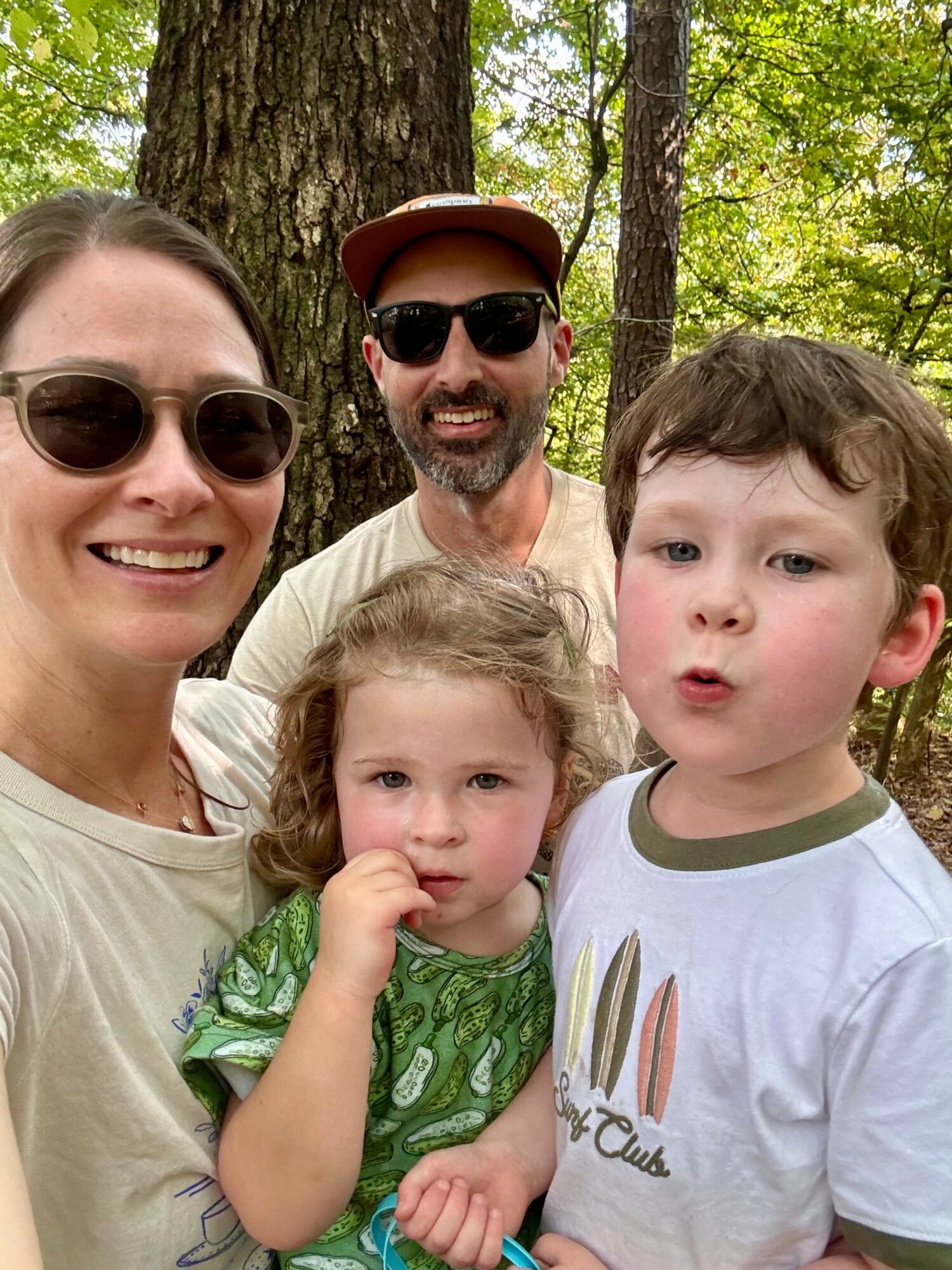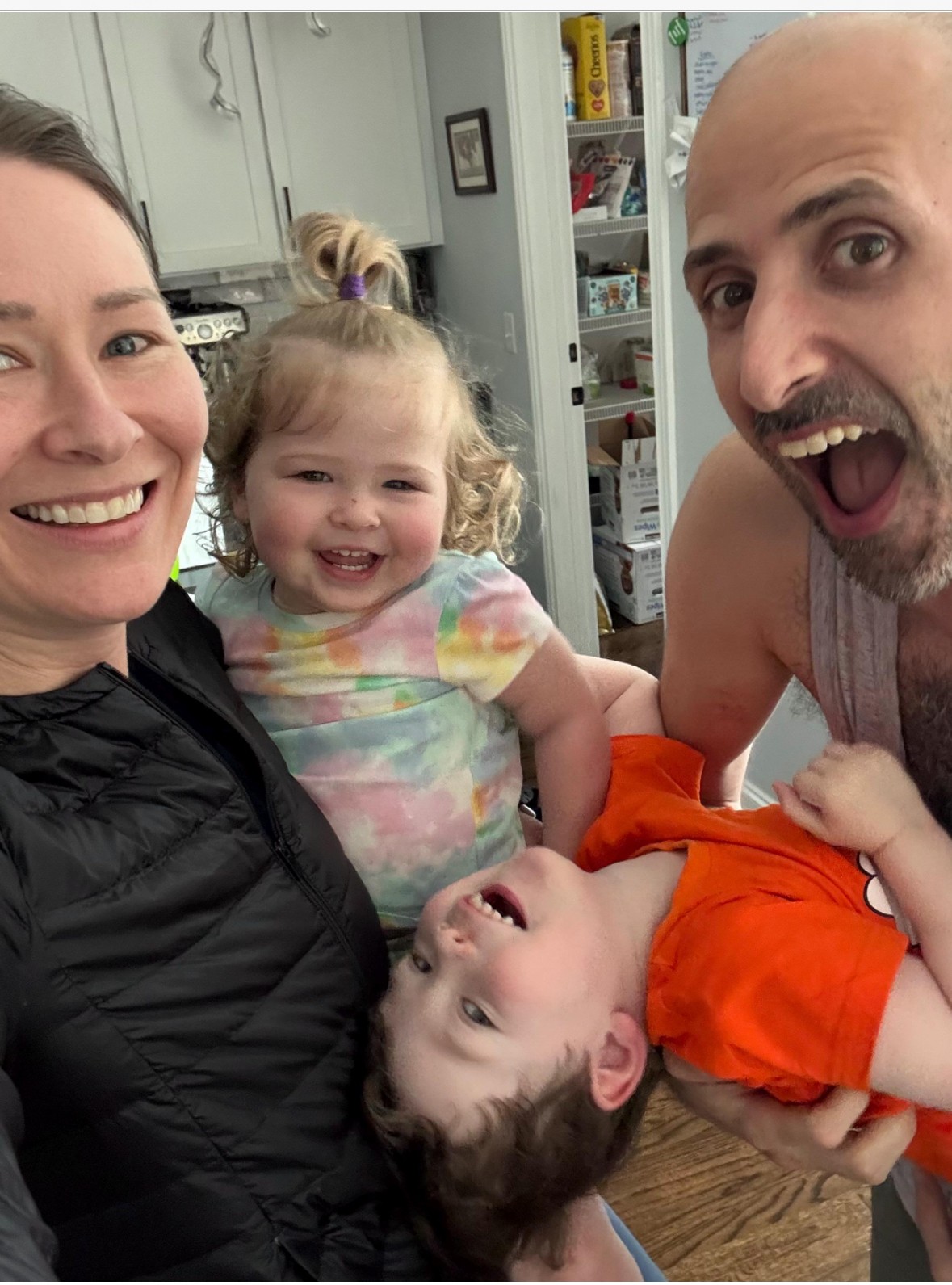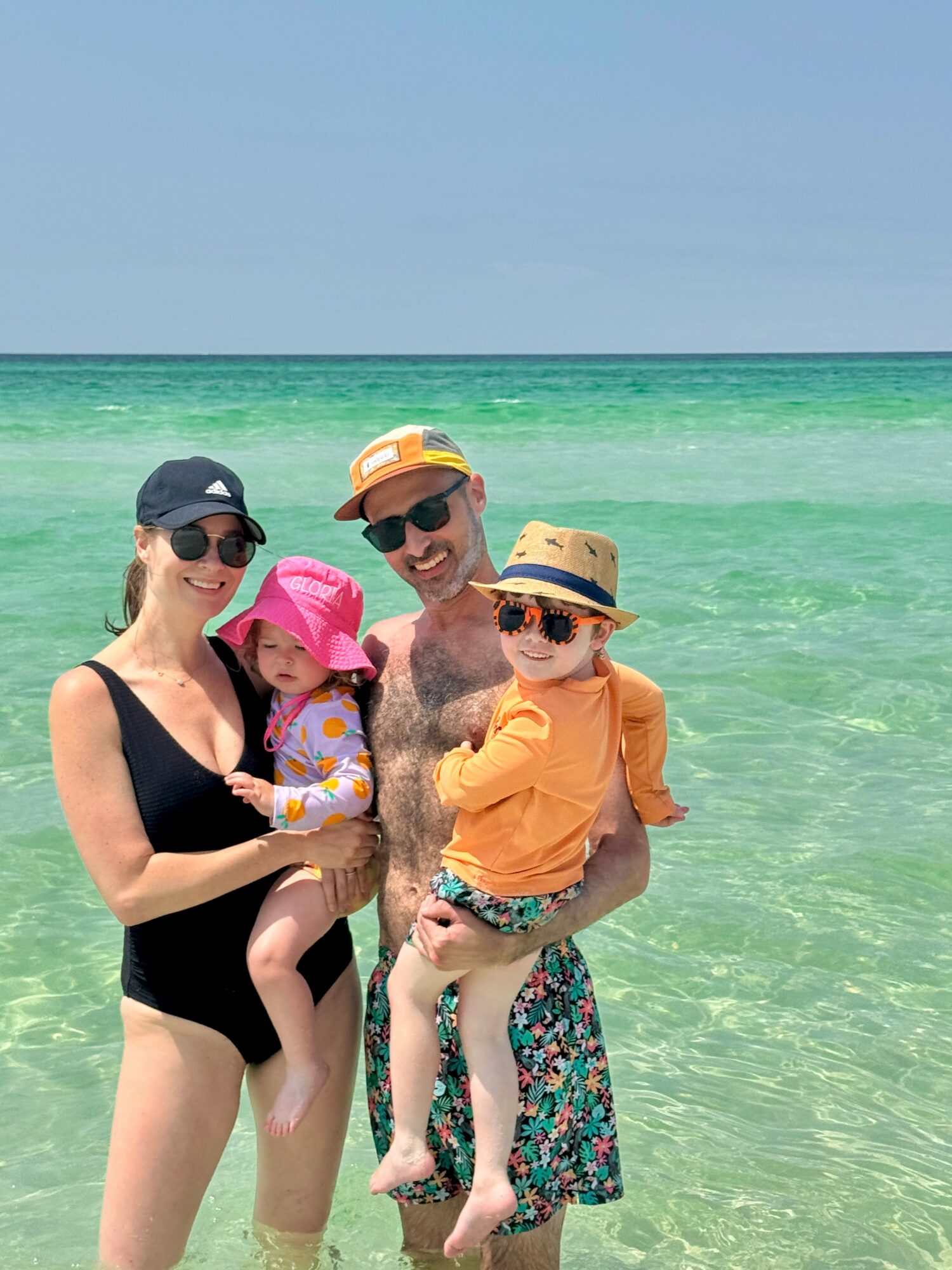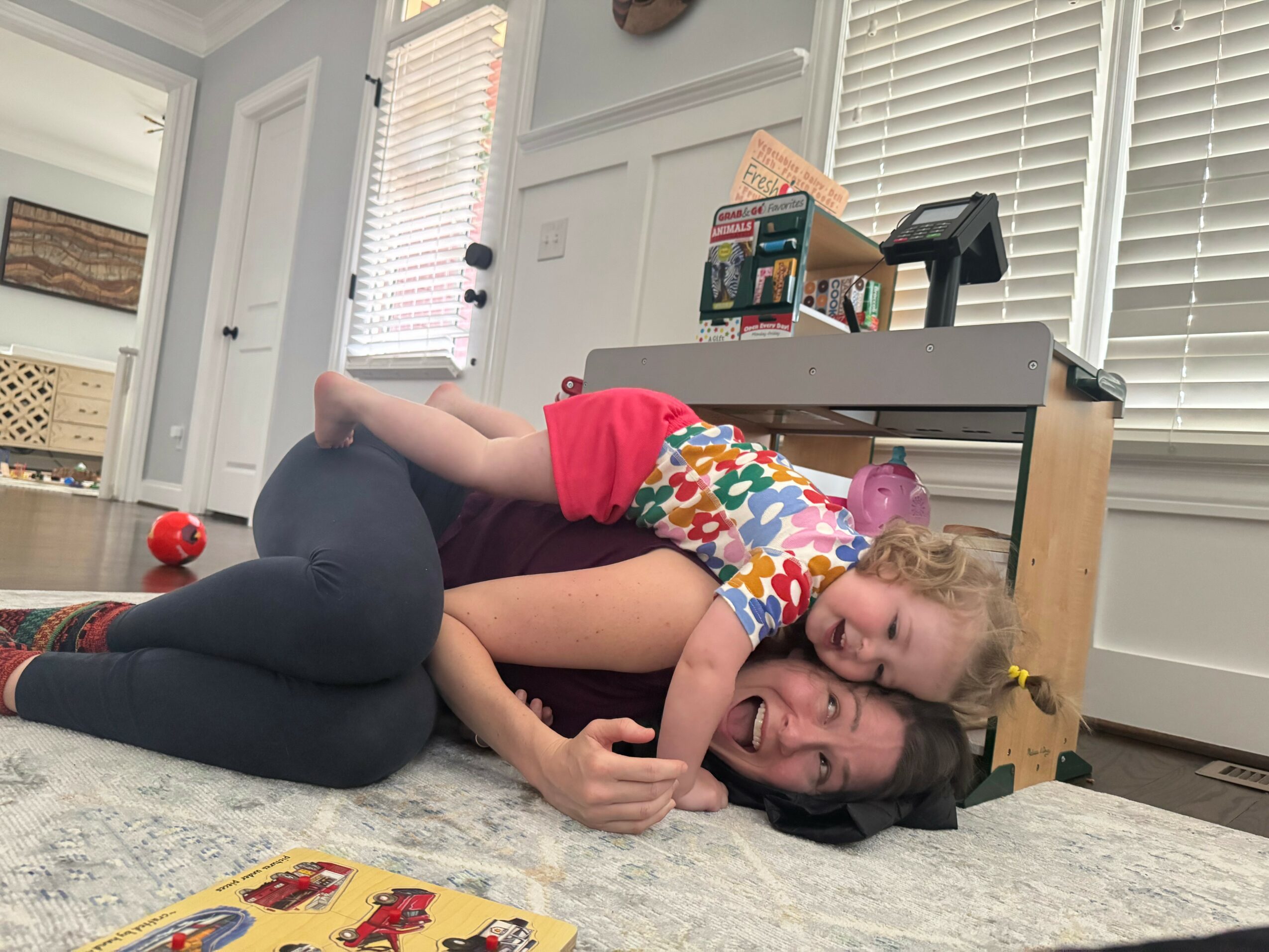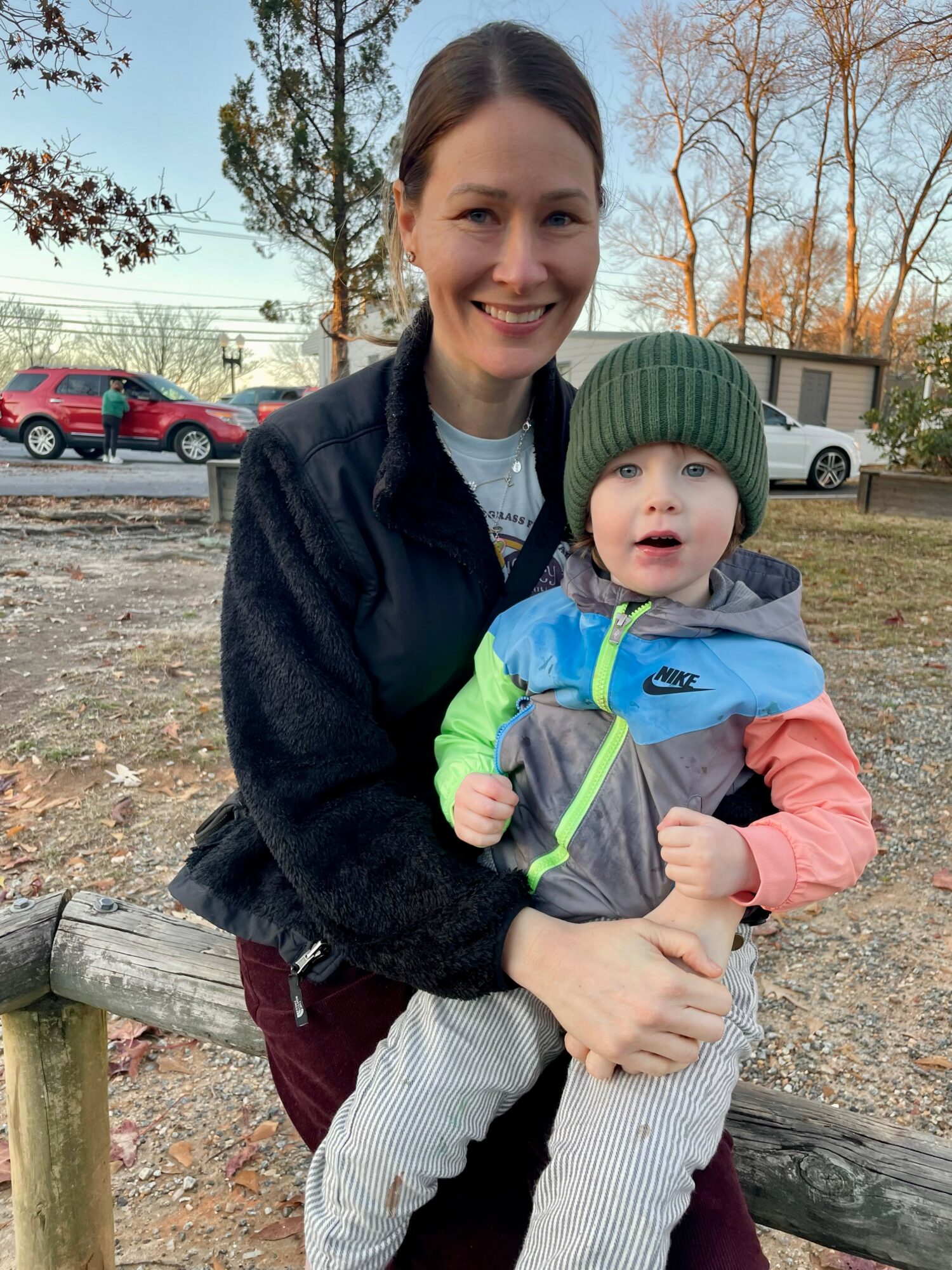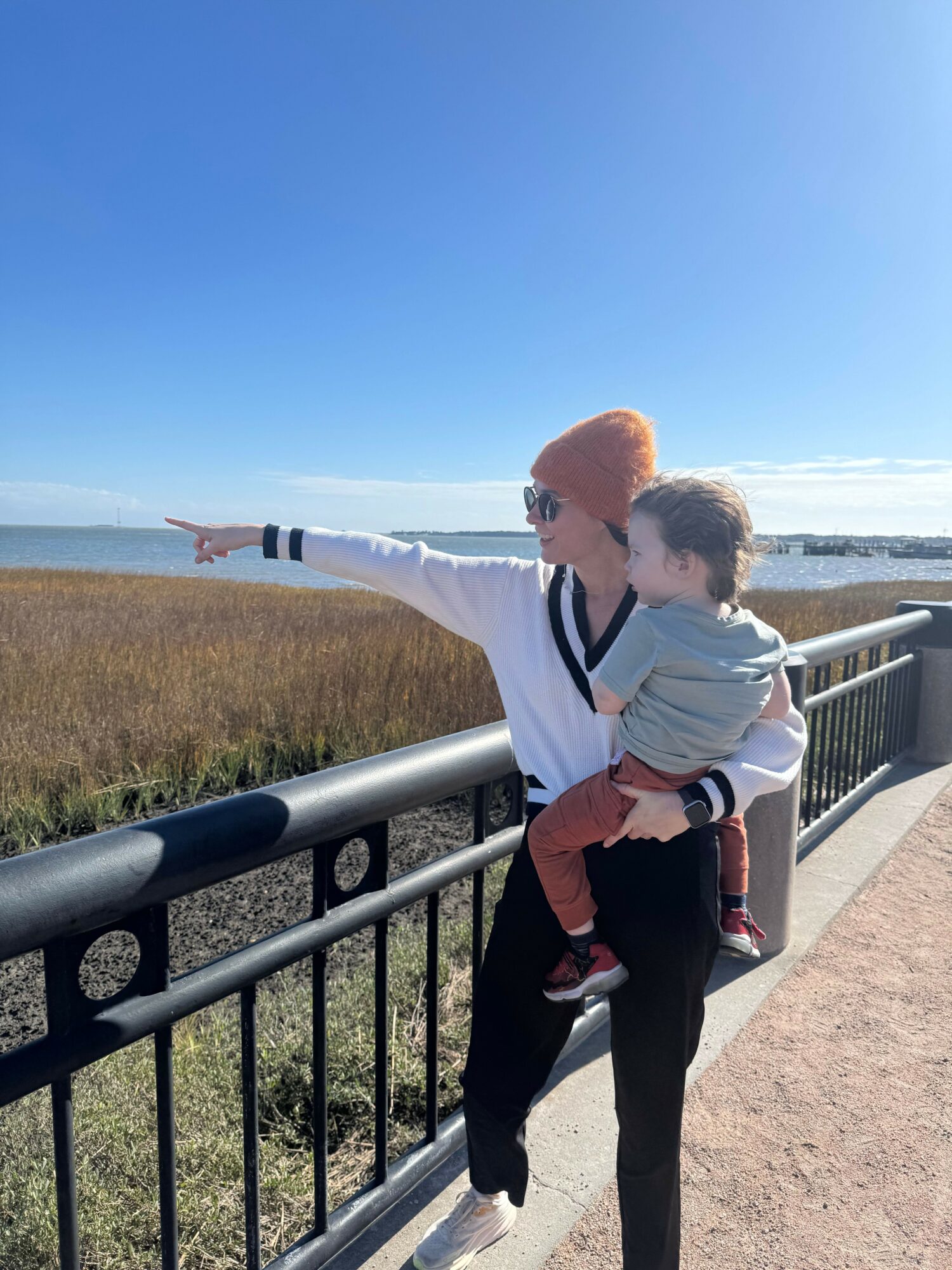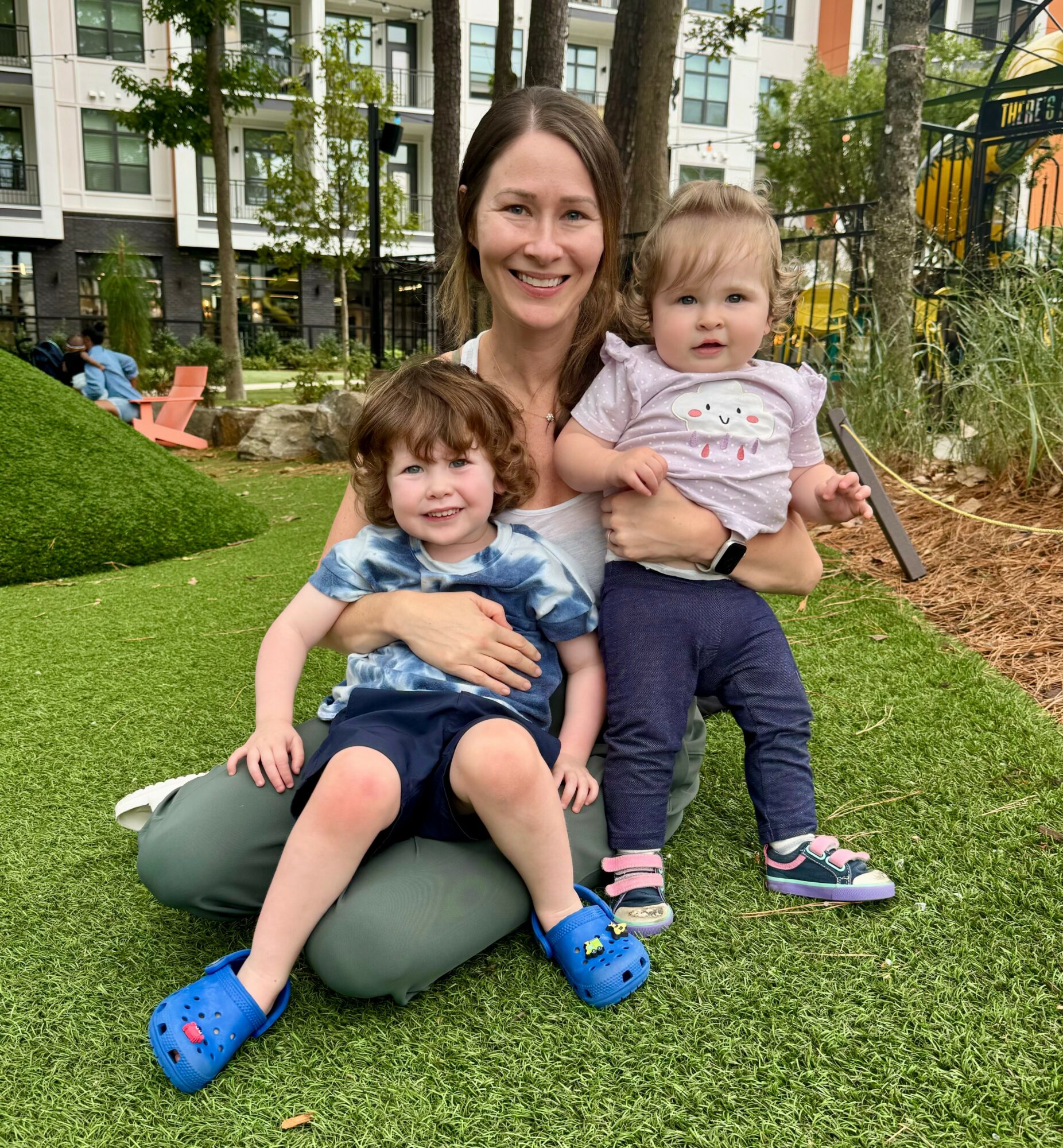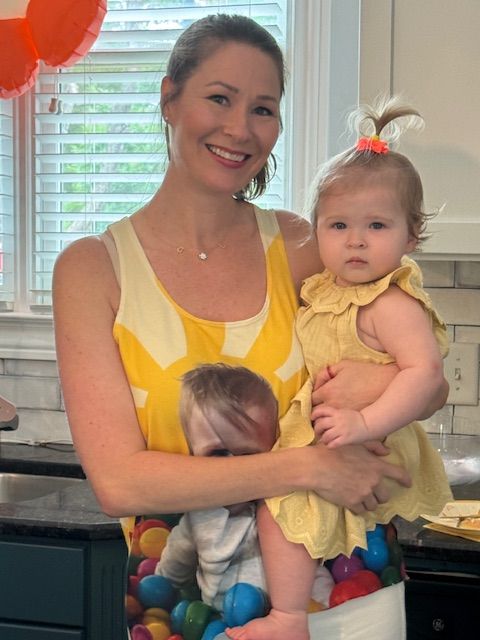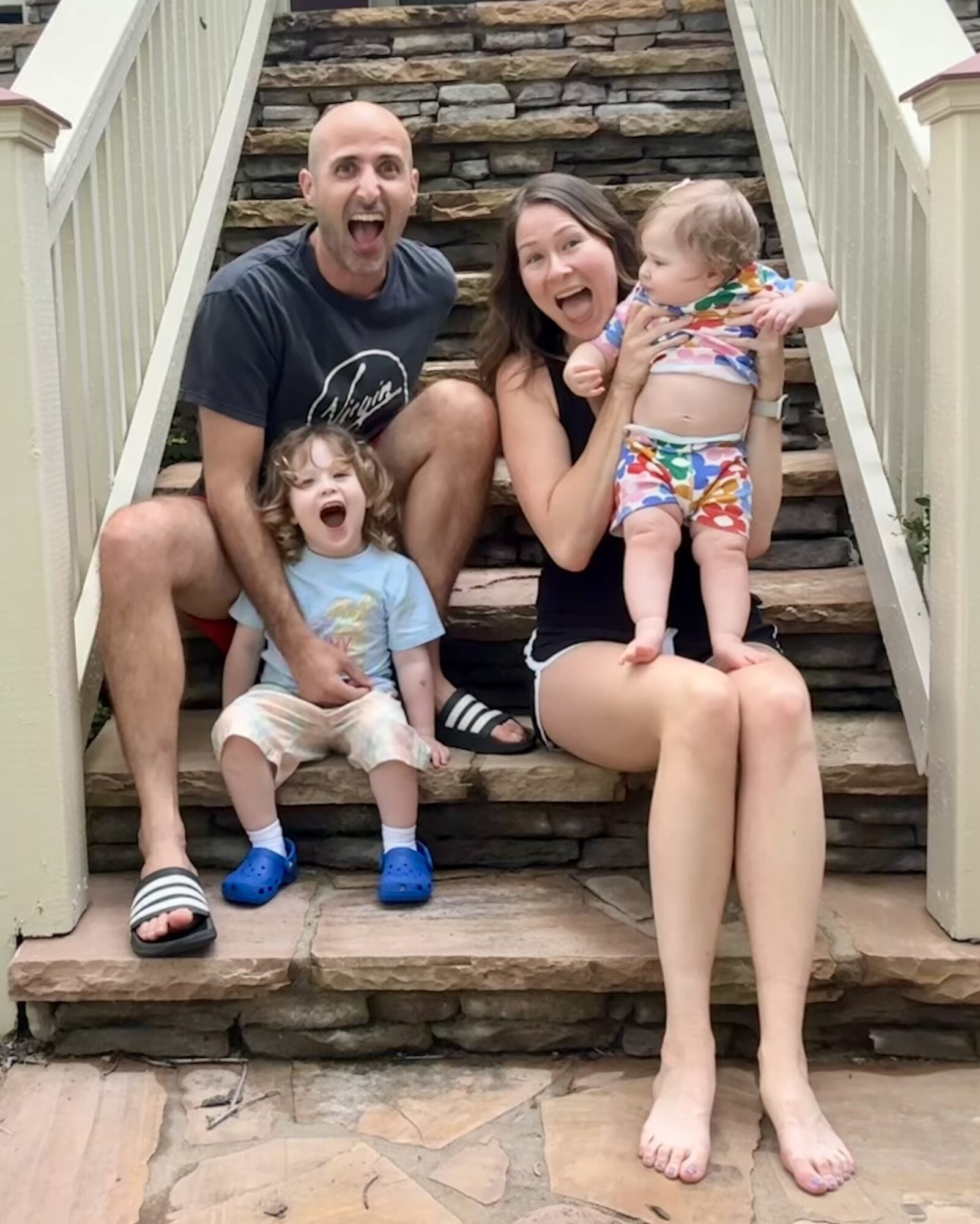

Today we’d like to introduce you to Molly Kramer.
Hi Molly, thanks for sharing your story with us. To start, maybe you can tell our readers some of your backstory.
My journey to becoming a child psychologist feels almost inevitable in hindsight. As the oldest daughter in a blended family of six siblings, I was surrounded by children from the very beginning. My formative years were spent babysitting, camp counseling, nannying, and tutoring—experiences that immersed me in the diverse worlds of children and families and established the foundation for my career. My formal education made this path possible, and since then, a decade in private practice has honed my skills and deepened my understanding of my field.
Both my professional and personal connections have shaped the clinician I am today and continue to transform my approach. In this current season of life, my role as a mother has had the greatest impact on my work. Motherhood did not grant me more hours in the day (if only!), but it has provided me with a richer empathy for families stretched thin and a genuine appreciation for their hopes, fears, struggles, and strengths. The second biggest influence on my clinical approach has been grief. I have loved and lost seven people who left this world far too soon, and two more who lived long, full lives but are missed just as deeply. These losses have profoundly shaped my understanding of time—and how carefully we must spend it. Experiencing loss has shown me how fleeting life can be, and how, in the end, our relationships matter most. Bringing life into the world after saying goodbye far too early to my own giver of life taught me that connection is at the heart of resilience. Our connections give us purpose, hope, and collaboration—long after our hearts stop beating, and I hope, long after my clients leave my office.
My belief in the power of connection guides my work. Whether a child is facing anxiety, ADHD, learning differences, or the challenges of life’s transitions, I see their relationships—with parents, teachers, friends, coaches, and themselves—as the foundation for perseverance and growth. While my psychology practice is firmly rooted in evidence-based care, it is always guided by my conviction that deep, meaningful connection is the most powerful protective factor we can offer ourselves and our children.
Alright, so let’s dig a little deeper into the story – has it been an easy path overall and if not, what were the challenges you’ve had to overcome?
Smooth? Not exactly! The journey to becoming a psychologist has been filled with challenges and growth. After five years of rigorous study, the stress of licensure exams, and a few years training in another practice, I finally opened my own practice. Life became even busier when I had two children just 18 months apart, all while continuing to work full time.
One moment stands out vividly: I was about three months postpartum, back at work and still feeling the effects of “mom brain.” I was trying to finish a report for a client while also needing to pump breastmilk for my baby at home, whom I missed terribly. I thought I could multitask—work and pump at the same time—but my body just was not cooperating. I was anxious because I didn’t have any extra milk stored, and I needed to reach six ounces. It wasn’t until I paused my work and watched videos of my baby cooing and wriggling that my body responded. That experience was a powerful reminder from nature to slow down and focus on one thing at a time. And therein lies the whole conundrum – how is a mother with a career supposed to focus on only one thing at a time? Maybe I need to redefine my version of a smooth road..… maybe my road is one with twists, turns, and gnarly potholes but inside my traveling van are all my people!
We’ve been impressed with Kramer & Montiel Psychology, but for folks who might not be as familiar, what can you share with them about what you do and what sets you apart from others?
My partner, Kelly Montiel, and I opened the doors to Kramer & Montiel Psychology (KMP) in 2018. Our practice was built on the values of genuine care, collaboration, and personalized attention. We specialize in psychological and psycho-educational evaluations, guiding families and individuals toward academic success and healthy functioning.
Our assessments provide thorough, actionable recommendations for learning disabilities, attention-related disorders, and eligibility for 504 plans or IEPs. Even when a formal diagnosis isn’t reached, our evaluations help shape effective interventions and inform accommodations for school and standardized testing. We pride ourselves on delivering clear, practical guidance that empowers families and schools to support each child’s unique needs.
What sets us apart is our commitment to connection and individualized care. My personal approach to assessment is deeply rooted in my foundation as a therapist—I emphasize rapport, empathy, and understanding each client’s unique perspective. We take the time to build trust and ensure that our clients feel comfortable and heard throughout the evaluation process, believing that meaningful connections foster the best outcomes.
Above all, I am most proud of KMP’s reputation for compassionate, evidence-based care.
What would you say have been one of the most important lessons you’ve learned?
The most important lesson I’ve learned along my journey is that meaningful connection is not built on success or achievement, but on feeling truly valued for who you are—not who you could be or should be.
Today’s children are surrounded by constant, often subtle pressures to achieve and excel. Parents, usually with the best intentions, strive to help their children reach their fullest potential. Yet, in the pursuit of accomplishment, it’s easy to overlook the importance of accepting children for who they are, not just for what they might achieve. This acceptance is especially vital because the world already sends plenty of “go get ’em, kid” messages; home should be a place where children feel valued simply for being themselves.
Parents often face a familiar dilemma: Should limited time be spent helping their child overcome weaknesses, or nurturing their strengths and passions? My husband once suggested, “Both,” and while I appreciate that level of support and dedication, I’ve come to see the value in simply existing with our children—enjoying them without any specific agenda or goal.
Ultimately, my experiences have taught me that prioritizing connection and acceptance helps children feel secure and understood.
Contact Info:
- Website: https://Www.kmpatlanta.com
- Instagram: @drmollykramer
